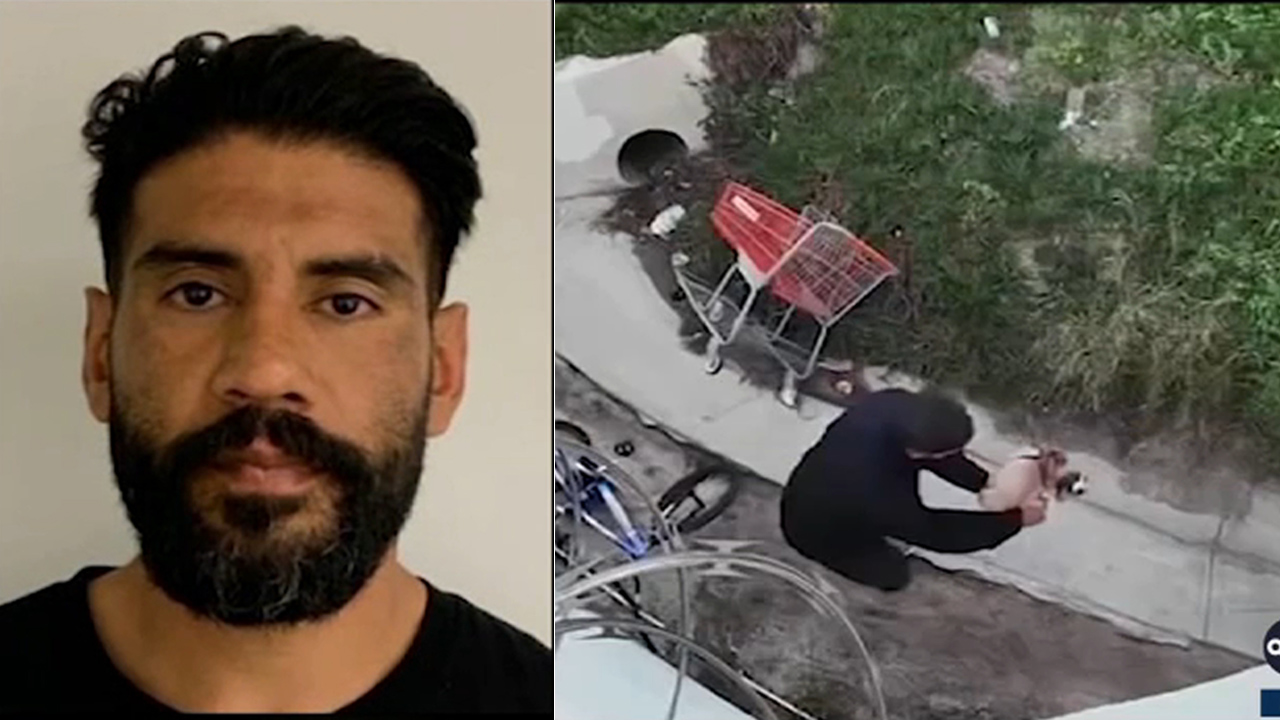3 bills introduced to Congress in effort to ease restrictions on pot at federal level

LOS ANGELES (KABC) -- While many marijuana users celebrate 4/20, the unofficial weed holiday, the drug remains illegal on a federal level. But some people are looking to change that.
Do you want Congress to change federal laws and ease restrictions on cannabis? Let them know by taking action below.
In a joint session of Congress, an advocacy group rolled up and passed out joints to make sure the entity reauthorizes a rule that would prevent the Drug Enforcement Administration and Department of Justice from interfering with local states' medical marijuana laws.
The rule expires next week, and without it, the Trump administration could crack down on those states.
During the campaign, then-candidate Trump said he supported medical marijuana and called it a "states' issue."
A new Yahoo report found 54 percent of people who say they use marijuana and 51 percent who say they use it regularly are parents. Most Americans believe regular tobacco use (76 percent vs 18 percent) and even alcohol use (72 percent vs 20 percent) pose a bigger health risk than regular marijuana use.
So far, 29 states have medical marijuana laws and seven states, including Washington, D.C., have legalized recreational use.
An admitted one-time user of cannabis, former President Obama, called for the schedule one narcotic to be treated like tobacco or alcohol before he left office.
But the new administration has not been quite as forgiving.
"It is a potentially dangerous gateway drug that frequently leads to the use of harder drugs. It's use and possession is against federal law," said John Kelly, secretary of homeland security.
As for Attorney General Jeff Sessions, he said during his confirmation hearing that he believes if Congress sees it is no longer illegal, than they should change the rule.
Three new bills were introduced into the session of Congress with bipartisan support that could do just that, forcing the federal government to treat marijuana just like alcohol.




